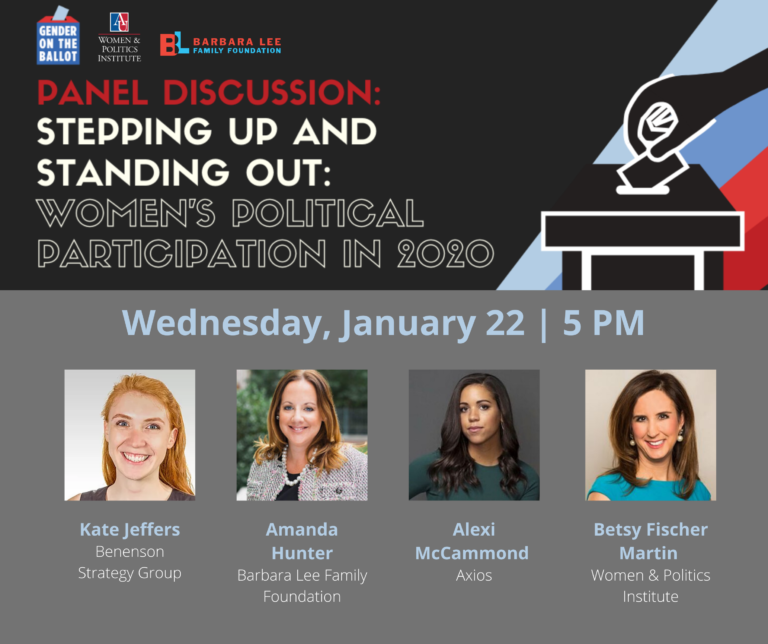In 2018, teachers across the nation went on strike in order to demand higher…
2020 – No Better Time to Run

Running for office isn’t easy. Alexandria Ocasio-Cortez knocked on doors “until rain water came through” the soles of her worn sneakers. Trolls may spread nastiness about you on social media. Dialing for dollars can feel like a never-ending marathon. Enduring long days, ugly attacks, and drudgery are constants that haven’t changed.
What’s different now is the political climate and that bodes well for non-traditional candidates.
In the wake of the 2017 Women’s March, movements such as #MeToo, #BlackLivesMatter, and #TransGender have created an environment where women, women of color, and LGBTQ candidates can be more competitive. Here are three key factors that are contributing to a more level playing field.
1. Strength in Numbers
Greater numbers of non-white, non-male candidates change the optics. Six women presidential candidates can’t be categorized as the one who is an “other” or the “exception.” When there are multiple women with different backgrounds on a debate stage the audience is more likely to see them as individuals. Amy Klobuchar can define herself as a moderate, Elizabeth Warren can be the fighter, Kamala Harris can call for justice for all the people. Individuals with their own merits and shortcomings are more difficult to dismiss based on racial or sexual stereotypes.
2. Bye-Bye Group Think
Up until recently, the inner circles where big campaign decisions are made have been nearly devoid of diversity. When campaigns break away from uniformity in hiring, candidates get well-rounded advice and more voters feel like they are being heard. I sat in too many rooms where advisors did not consider how running a woman might require an altered approach. Those same advisors were quick to discount outside viewpoints even when research showed voters viewed women candidates differently than men.
3. The Right Stuff
In the past, women who modeled their campaigns after men missed opportunities to connect with voters. What was once verboten or discouraged is now common place. Women are freer to canvas with their children in tow, speak openly about surviving abuse, or celebrate their success at being a first. It’s not that they are running solely as a woman or a person of color but they insist on being themselves. The post-2016 anger I’ve seen working with Democratic women candidates has been channeled into a new sense of confidence that comes from recognizing that experience as a caregiver, entrepreneur, risk-taker, or multi-tasker is a valuable credential that qualifies them to serve.
The doors to political office had previously been open primarily to marginalized people who time and time again proved themselves to be overly qualified, a high standard that didn’t apply to cisgender, white men. With stamina, focus, and thick skin, more diverse candidates are running and winning. And, that bodes well for our democracy.






